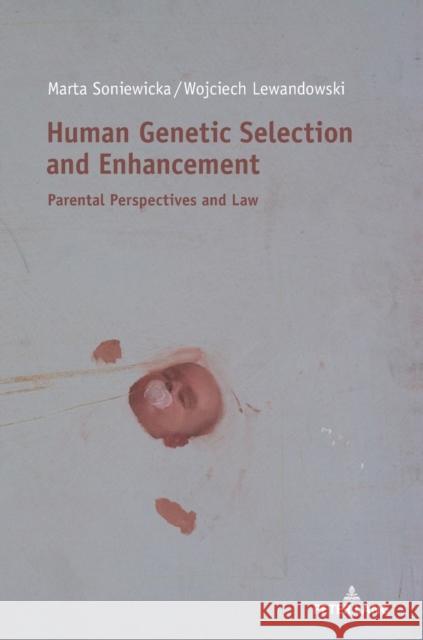Human Genetic Selection and Enhancement: Parental Perspectives and Law » książka
Human Genetic Selection and Enhancement: Parental Perspectives and Law
ISBN-13: 9783631744512 / Angielski / Twarda / 2019 / 296 str.
Among all human practices, procreation seems the most paradoxical. It starts as a fully personal choice and ends with the creation of a new subject of rights and responsibilities. Advances in reproductive genetics pose new ethical and legal questions. They are expected to prevent the transmission of genetic diseases to progeny and also to improve genetically-endowed mental and physical attributes. Genetic selection and enhancement may affect a child's identity, as well as the parent-child relationship. The authors are committed to a pluralistic approach that captures all aspects of this relationship in terms of moral virtues and principles. They elucidate that most of the conflicts between parental preferences and a child's rights could be resolved with reference to the meaning and nature of procreation.











